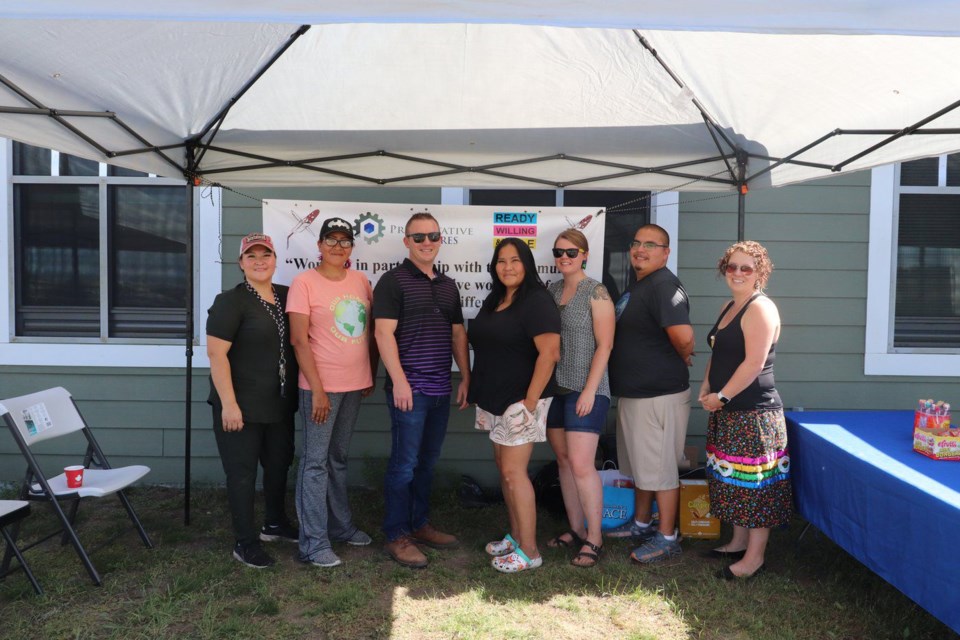PRINCE ALBERT - A Saskatchewan organization is helping Indigenous youth with cognitive differences gain employment through cultural-based programming.
Preventative Measures Ltd., in partnership with Beardy’s and Okemasis Cree Nation and One Arrow First Nation, launched the Building Blocks to Inclusion project in June of this year. The first of its kind in the province, the culturally-based supported employment program is for Indigenous youth ages 16 to 35 who experience neurodiversity, such as autism, obsessive compulsive disorder (OCD), Attention Deficit Hyperactive Disorder (ADHD), and Fetal Alcohol Spectrum Disorder (FASD).
In collaboration with the First Nation communities’ chiefs, elders, knowledge keepers and educators, the program is aiming to help neurodivergent youth gain the knowledge, skills and confidence for employment in the comfort of their home communities with mentors they know and trust.
Beardy’s and Okemasis Cree Nation and One Arrow First Nation each had 12 students participate in the pilot phase, which saw a 90 per cent graduation rate, according to owner and operator of Preventative Measures Ltd., Delaney King.
“We had them come to class for two days a week and then start participating in work on their own terms,” she said. “Everybody that was in our program had time to work on their high-level functioning skills and gain part time to full time employment before returning to school in the fall.”
King said every aspect of the program takes cultural context into consideration, as well as the historical and contemporary factors that shape the realities of the youth and their families. They work closely in each community to guide the project and give participants access to cultural activities such as smudging, drumming, feasts, sharing circles and powwows.
“We had elders come in and talk about the First Nations’ origin stories, speaking Cree to our students and helping them understand that neurodiverse conditions have been around since the beginning of time and that it is seen as a gift,” she said.
The program also gives additional supports to the participants who need them, like access to food, clean clothes, tools for work and mental health services.
“In Canada, there are approximately 500,000 working age adults with an intellectual disability or autism but only one in four are employed - this number does not include those living on reserve,” said a media release about the program. “There is an untapped pool of individuals who want to work given the right supports however, traditional supported employment models tend to overlook the unique needs of Indigenous people with neurodiversity and appropriate programming is not available on or off reserve.”
The Building Blocks to Inclusion program will run until October of 2022 with funds provided through the Ready, Willing and Able initiative. The communities and Preventative Measures Ltd. are working to secure additional funding in order to both continue and expand the program.
King said they are hoping to spread some awareness about the project and see if any other communities might be interested in running it for their own youth.
Delaney King can be contacted about Building Blocks to Inclusion through email at [email protected] or by phone at (306) 212-0454.




